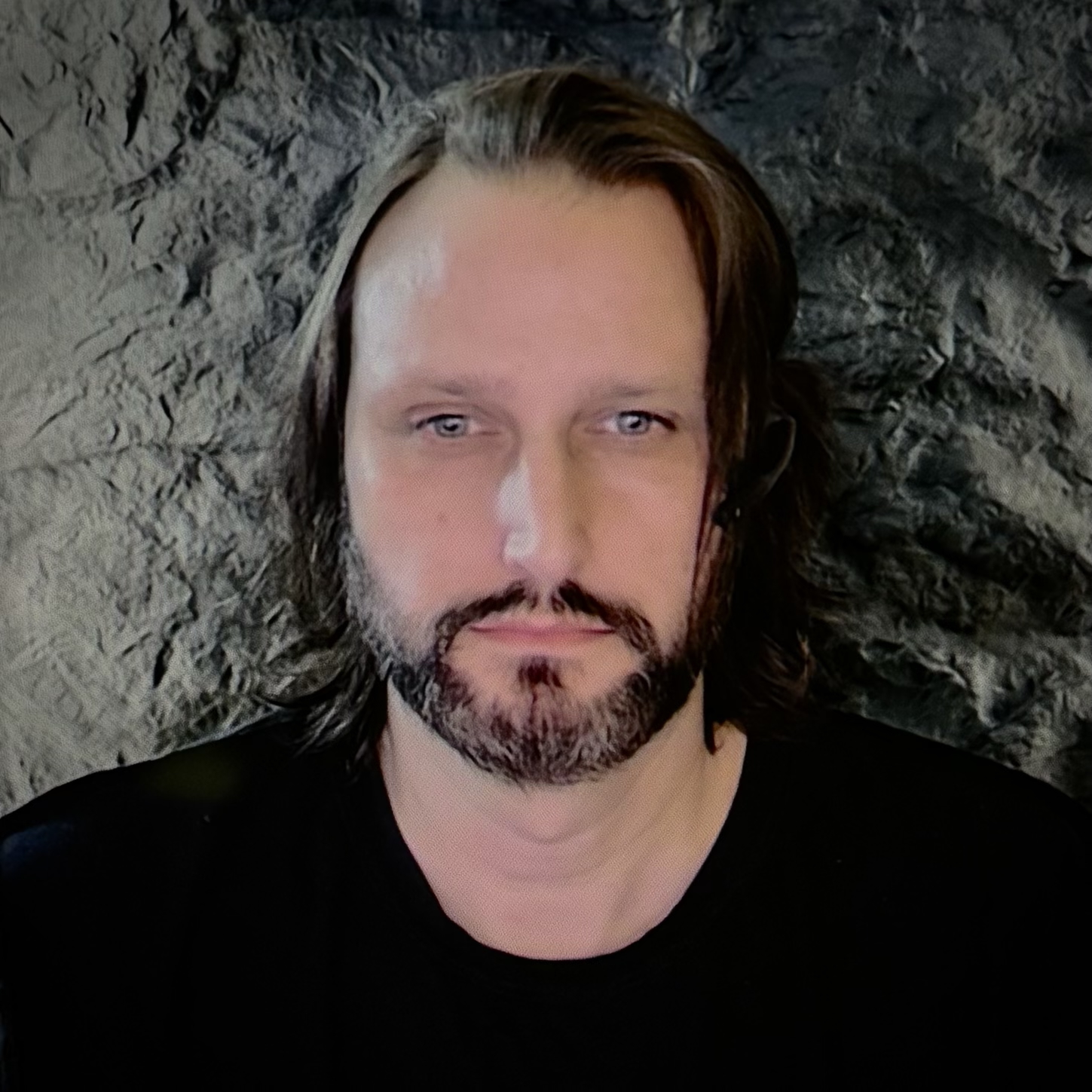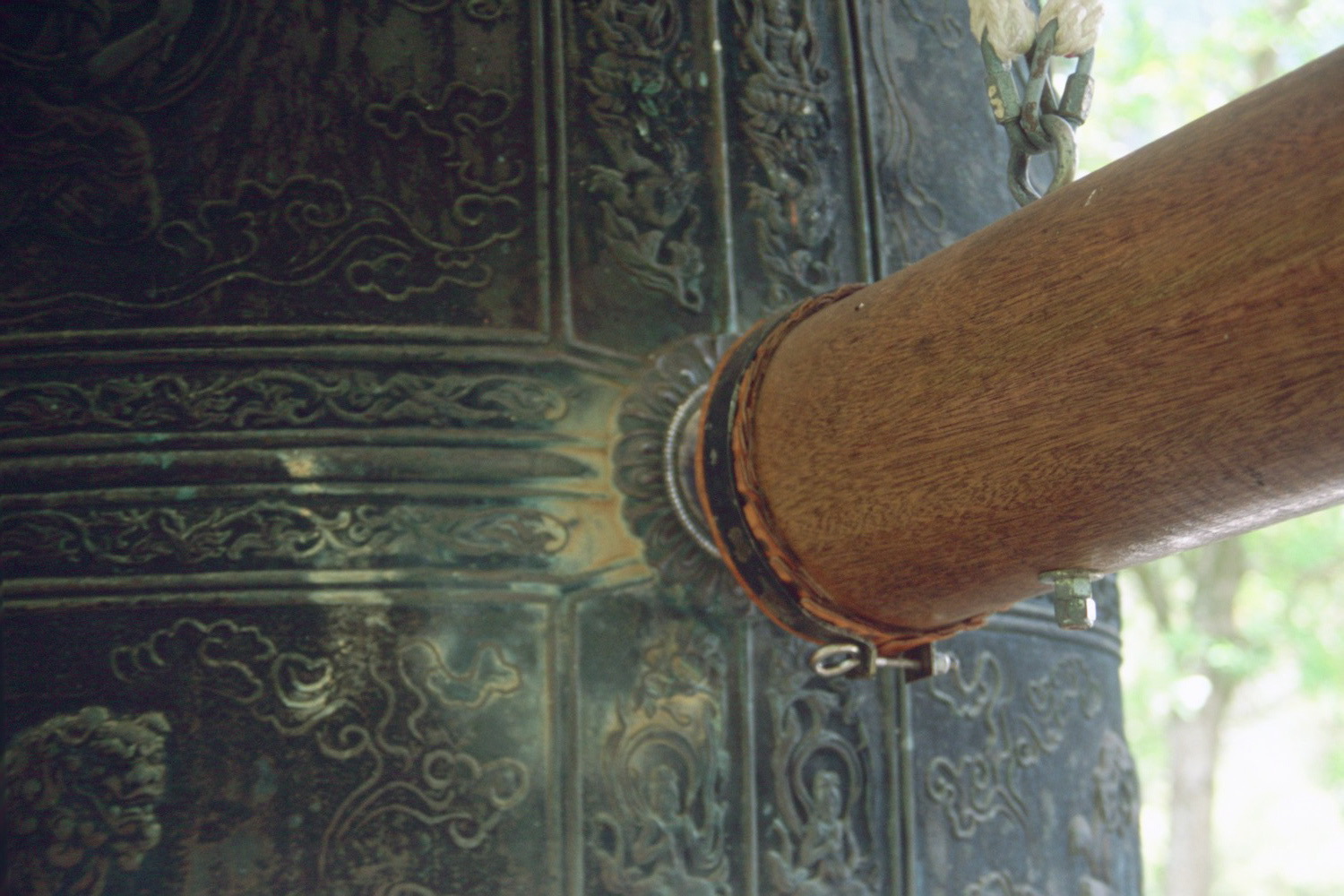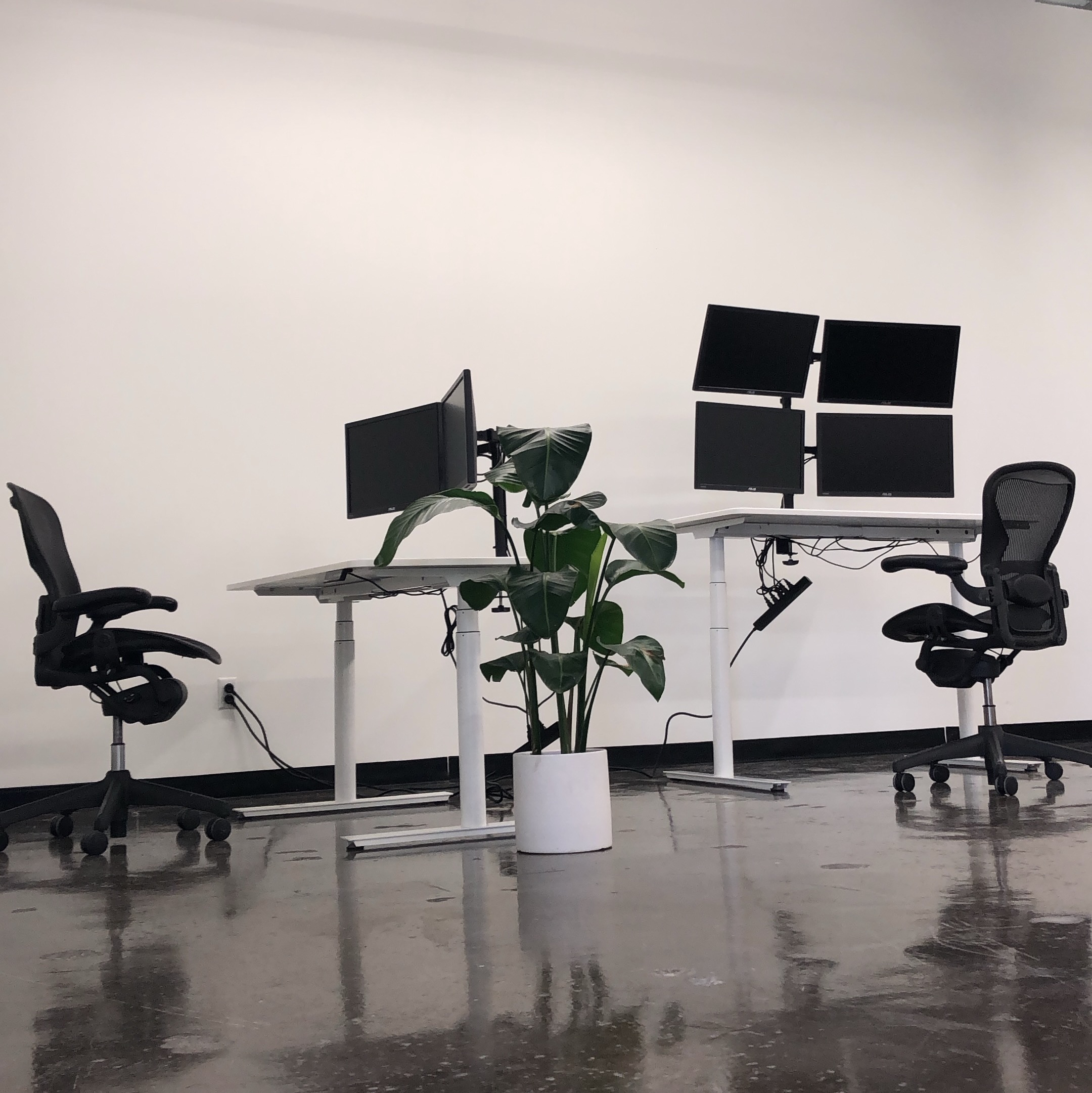If you were to break down the chances of being born a human in a mathematical equation, then there are several assumptions you would have to consider. First is the chance of life existing. As the Hubble telescope scans the vast universe, we find ourselves searching for life that is either extremely rare or has made itself purposely hard to find. Then there is the chance of being human in the vast pool of life that we are aware of. Being born a snail doesn’t have the same ring as a human. The final assumption we must consider is being born a specific individual. This would include the time, place, and other attributes, including family.
The chances that you were born into the body, that is, the person reading this essay comes out to 1 \times 10^{-14}. Although this equation is conceptual, it does show the rarity and the incredibly small probability that you would be born. This makes every individual on earth special, regardless of their accomplishments and or productivity. Every person‘s existence is inherently a mathematical improbability. In other words, existence proves its rarity of chance.
The probability of you being born is an extremely small number, but what is even more astonishing is that you are existing during the largest shift humanity has ever experienced. Whether you asked for it or not, you have front row seats to witness the creation of artificial intelligence and its impact on humanity. Just as we had the industrial revolution, artificial intelligence brings forward the knowledge revolution or what my Woodstock ex hippy great uncle would have called the age of “Aquarius”.
Two historical figures that found themselves a part of this rare probability, but born in another period, are Cleopatra Vll and Julius Caesar. Although they were born during another time, we won’t hold that against them. The last Egyptian ruler found herself ruling a kingdom in its final decline.
Cleopatra spent much of her reign in the city of Alexandra, which was home to the Library of Alexandria. Much like the rest of Egypt, the library was in decline. It contained the works from every corner of the ancient world, which included scrolls on philosophy, literature, science and contained countless historical records.
The library of Alexandria contained an estimated 400,000 scrolls in its main library and 200,000 in its secondary. For more than 600 years, the library served as the largest collection of knowledge in the world. It’s believed that the library may have contained a copy of every book in the world during its pinnacle and employed the most advanced cataloging system called “Pinakes” dividing the library into sections by subject, author, and genre.
Julius Caesar and Cleopatra had a complicated relationship, to say the least. Involving myself in people’s personal relationships isn’t a habit I’d like to make, but much like the drama filled couple we all knew in high school, the relationship was “toxic”. Caesar did not take rejection well and in his siege of Alexandria, a fire is often blamed for the destruction of the library.
Although I’ve simplified the facts and a historian would argue the library wasn’t destroyed in a single event but instead had a long period of decline. Regardless, we can’t help but wonder what collective knowledge was lost. Could the library had contained historical information on Atlantis, or perhaps a formula to create gold? Guess we will never know and it will be forever speculated by pseudo science shows like “Ancient Aliens”.
Collectively, we all feel a sadness for the loss of knowledge and the potential of the library of Alexandria. The realization that something is lost forever is a hard pill to swallow, especially if it took the entire existence of humanity to collect it. Much like fires of the Siege of Alexandria, we are experiencing another loss that isn’t quite as apparent.
The “World Wide Web” made the entire world a library, and much like the library of Alexandria, created a new way of cataloging information. Need a cupcake recipe? Don’t worry, a simple Google search will return a plethora of ideas. Regardless of the search engine you chose, the returned results were correct enough to eventually find what you were looking for, and sailing to Alexandria was no longer an inconvenience for making a delicious dessert.
Whether the information was right or wrong, we always had one thing we could count on. The information was 100% pure human made organic content. In 2022, large language models LLMs that used a chat like user experiences that most people were familiar with as texting became available to the public. The adoption rate was exponential. Highly detailed answers that directly answered a question coined as a “prompt” saved time and increased productivity.
As AI models increased in complexity, creating content became faster than what we ever thought was possible. Need a chapter of a book written? No problem, just engineer a prompt and, like a genie granting a wish, you got it. Do you want a picture of Abraham Lincoln riding a dinosaur while shooting a futuristic laser gun? Again, the AI Genie has you covered.
Overnight content creation became cheap. Websites marketers quickly took advantage of creating hundreds of pages with synthetic content. Instead of paying for stock image rights, AI generated images were used. Similar to the large plastic islands in the middle of the Pacific Ocean, synthetic content contaminated our pristine organic knowledge.
Anyone that played in a garage band with their buddies in high school knows the number one rule. Do not put the microphone close to the speaker. The loud screeching that follows is called a feedback loop and, as large language models grow, it is now referencing its own synthetic data. Similar to the screeching of the audio feedback, a game of telephone is played with the data.
The impact, although small at first, creates what has been coined a hallucination. An AI prompt is run, and a falsehood is returned. It’s possible that it’s a historical fact that was inaccurate by just a number or perhaps instead of five fingers in an image you have six. The algorithm of artificial intelligence at this point can be boiled down to its simplest function, taking data and a prompt, then prioritizing what are called tokens and then creating patterns in which it finds the most predictable string of words to return. If the data set is not accurate, then the predicted model has a complete failure.
AI companies are now in an arms race for AI synthetic data detection. Unfortunately, this will be a cat-and-mouse game as algorithms improve and synthetic data becomes harder to discern from organic data. Google is one of the first companies to come across this issue. The stream of synthetic data has become a nightmare for the Google search engine. Search results are no longer dependent on just well optimized code and great content. Google now prioritizes organic data over synthetic.
The full effects of synthetic data and the feedback loop of large language models have yet to be seen. As technology advances and we solve problems, we inevitably create new ones. What initially started as a social media post that at first glance, shocked, infuriated, or cause some other extreme emotion quickly dissipated as you realize the post was AI generated. Humans innately display critical thinking skills, but the relentless on slot of AI generated content could fatigue humanity to the point of exhaustion. Psychosis is the inability to distinguish reality and we may soon find that we live in a perpetual Mandela effect.
Cyber security and siloing data will now be a priority for companies and eventually individuals. With every new positive advancement, artificial intelligence has for humanity. It will create an equally negative component. The knowledge revolution like the Industrial Revolution that had helped automate human labor, giving us more time to focus on knowledge work. The knowledge revolution has automated intelligence, which allows us to now focus on what it truly means to be human.
As artificial intelligence replaces knowledge workers, humankind will have to face an ugly truth. We have been workaholics and have been distracting ourselves from what it means to be human. Our existence is much deeper than we can conceptualize and our individual worth is more than our productivity.
AI will allow us to be human.
AI will allow us to be human again.
AI will allow us to be human again and agein.
AI will allow us to be human again and agein and ageln.







